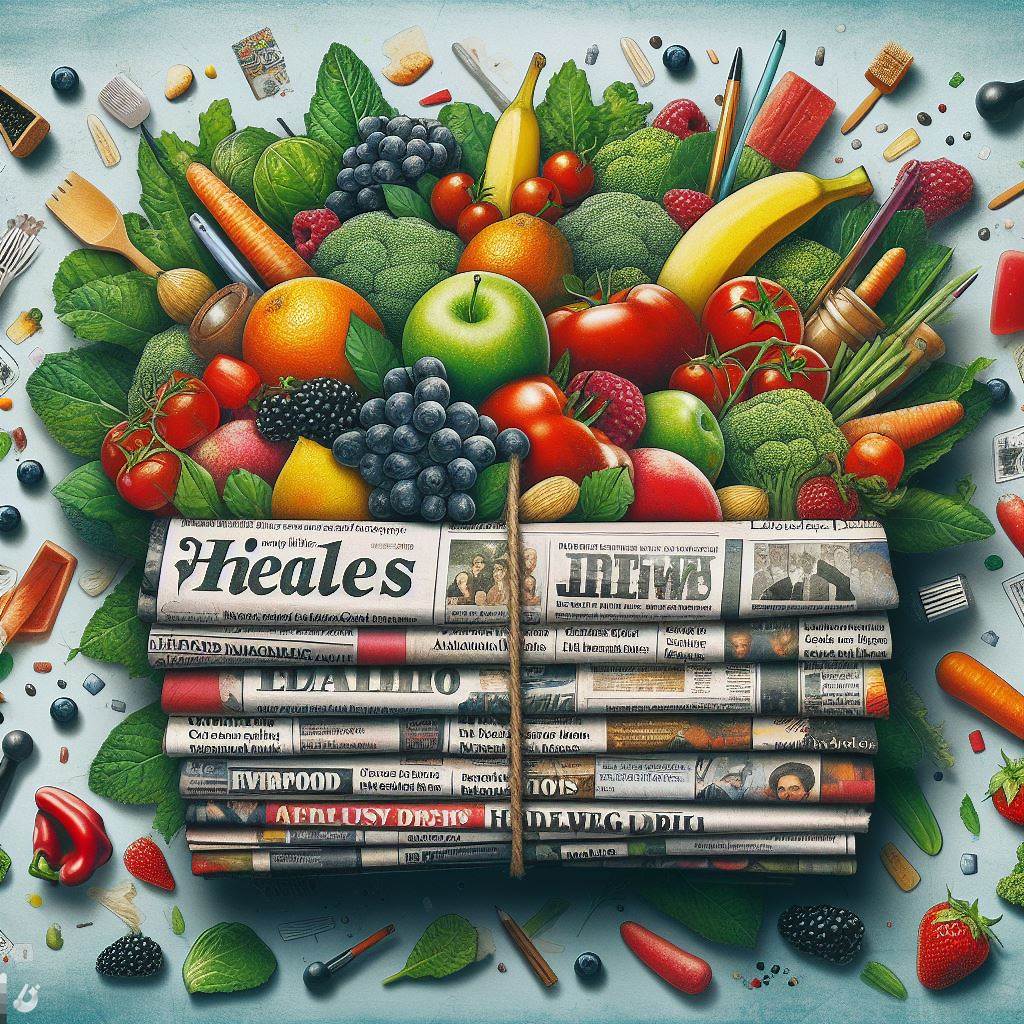
Amid New Year resolutions centered on health and self-improvement, contemplate an unconventional yet equally crucial aspect for improvement: media and news consumption. The present wealth of information presents challenges, ranging from partial media publications to the swift dissemination of false stories and AI-generated misinformation.
Diverse Perspectives in the Digital Age
A significant portion of the population relies on social media for news, but these platforms often contribute to the creation of filter bubbles, limiting exposure to information that aligns with users' existing beliefs. The result is increased polarization. However, recent research challenges the notion that audiences are as polarized as previously believed, suggesting that algorithms might actually diversify the sources people access.
Tips for a Healthier Media Diet
Embrace Diversity of Viewpoints: Counteract algorithmic personalization by actively seeking information from diverse sources. Challenge yourself to read articles from outlets with different political alignments, fostering a more comprehensive understanding of various perspectives.
Avoid Attention-Seeking Tactics: Recognize and question content designed to provoke strong emotional responses. Be a discerning consumer by distinguishing between genuine opinions and exaggerated expressions intended to attract attention. Approach online discussions as a scout rather than a soldier, aiming to understand rather than confront.
Promote Balanced Sources: Acknowledge the role of social media platforms in shaping information environments. Counteract polarization by sharing content from balanced sources. Encourage critical thinking by asking questions about what you read and evaluating the credibility of the sources.
Stay Mindful of Emotions: Be wary of content that aims to evoke intense emotions, as publishers leverage these reactions for virality. Before reacting, assess whether the emotional response is manipulated by the presentation of the content. Check the credibility of sources, and consider adding fact-checking accounts and respected journalists to your media diet.
In an era where information overload is prevalent, cultivating a healthy media diet requires vigilance and an open mind. By actively seeking diverse perspectives, promoting balanced sources, and remaining mindful of emotional triggers, individuals can navigate the digital landscape with greater clarity and understanding.